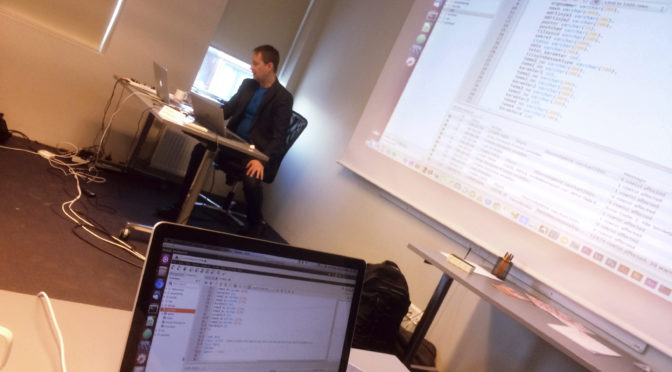In 1972, the American philosopher Hubert Dreyfus published a book with this very title. Naturally, one would assume that a book about the shortcomings of «modern computers» written 45 years ago would appear a bit outdated nowadays.
Not so!
The book was even re-published in 1992 with the title «What computers still can’t do». Dreyfus’ excellent write-up on the impossibility of creating digital computers that «understand the world» continues to be highly relevant — even in 2016.
Adding relevance
Journalists often anticipate a lot from computer analysis. There are, however, severe limitations on what answers to expect from big data queries. Simply put, the computer cannot know of relevance because it doesn’t understand the world in the same sense as human beings do.
Computers can use pre-configured parameters and certain indicators to select the kind of information that just might come into consideration when deciding what is a story, but it is still human beings (the programmer, or the journalist in our case) that constitute the hermeneutics upon which the computer bases its assessments. It’s the journalist that picks the headlines, not the computer.
Know what to ask for
In other words, the journalist is the one to add relevance to facts. The computer is there only to add structure and speed; it still needs adequate tasks and queries to work with. The computer gives exact answers with no room for interpretation or goodwill on your behalf.
If you’ve read «The Hitch Hiker’s Guide to the Galaxy» you should be all too familiar with the importance of asking the right question from the outset.

